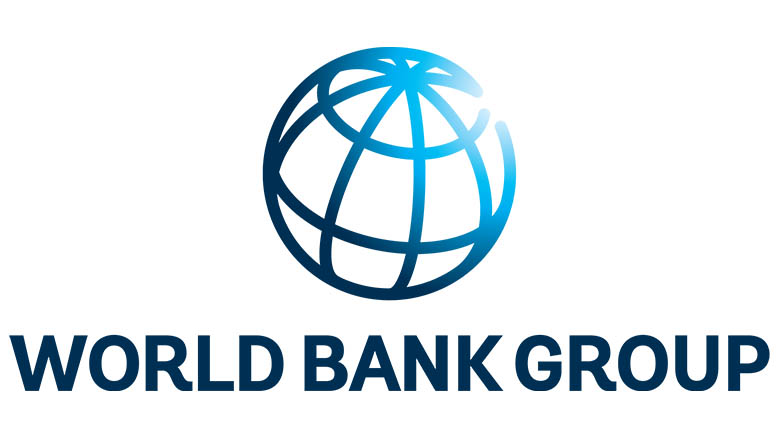The World Bank has approved a $700m credit from the International Development Association for the Nigeria Agro-Climatic Resilience in Semi-Arid Landscapes Project.
The bank disclosed this on Thursday in a statement by the Senior External Affairs Officer for Nigeria, Mansir Nasir.
“The project will increase the implementation of sustainable landscape management practices in northern Nigeria and strengthen the country’s long-term enabling environment for integrated climate-resilient landscape management,” it said.
It noted that the productivity of major crops in Nigeria had been steadily declining over the past two decades, partly due to climate change, despite efforts by the Federal Government to combat desertification.
The World Bank Country Director for Nigeria, Shubham Chaudhuri, said, “Nigeria is faced with water scarcity and droughts, which occur every five years, on average, with the potential to increase in frequency due to climate change. This scenario not only threatens food security, livelihoods, and productivity, but also exacerbates fragility and increases the risk of violence.
“With communities and households that are most dependent on natural resources for their survival and vulnerable to desertification, this intervention will improve multi-sectoral watershed planning and investments to help about 3.4 million direct beneficiaries adapt to evolving dryland conditions.”
According to the statement, the ACReSAL Project is a six-year strategic project prioritising actions within dryland management, community climate resilience, institutional strengthening and project management, and contingent emergency response.



